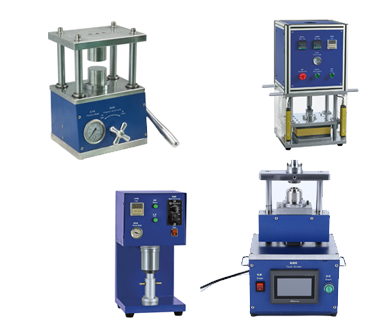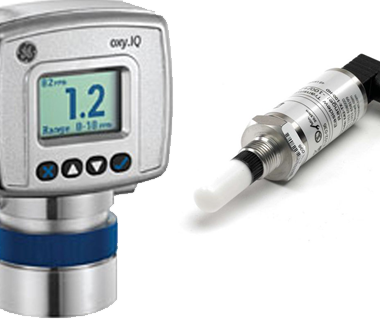No products in the cart.
Glove box accesories:Gloves
A glovebox glove is a specially designed glove for handling inside a glovebox (Glovebox). Gloveboxes are sealed environments that are typically used for handling sensitive or hazardous materials and for performing sterile or inert gas experiments.
Glovebox gloves have the following characteristics:
Hermetic: Glovebox gloves are designed to keep the internal environment of the glovebox isolated from the outside world. They are attached to the wall of the glove box and ensure that gases and substances inside and outside the glove box do not cross-contaminate each other through a reliable sealing system.
Chemical resistance: Glovebox gloves are usually made of special materials with good chemical resistance to a wide range of chemicals and solvents to protect the operator’s hands.
Operational dexterity: Glove box gloves are usually made of soft, flexible materials, taking into account the operator’s comfort and operational dexterity. This makes it easier for the operator to perform precise maneuvers, and as a result, glovebox gloves are usually larger than regular gloves.
Replacement: Because glove box gloves may be damaged or contaminated during use, they are characterized by easy replacement. Gloveboxes can often be maintained and cleaned simply by removing and replacing the gloves.
Overall, glove box gloves are special gloves designed for operation in glove boxes with sealing, chemical resistance, operational dexterity, and ease of replacement to ensure efficient and safe experimentation and operation in glove boxes.
Butyl rubber gloves and neoprene gloves are both common types of protective gloves that are made from different materials and have different characteristics and uses.
Butyl Rubber Gloves (Nitrile Gloves): Butyl rubber gloves are gloves made from synthetic nitrile rubber material. They have the following characteristics:
Chemical Resistance: Butyl rubber gloves provide good protection against a wide range of chemicals, solvents and oils.
Strength and abrasion resistance: butyl rubber gloves are more durable than many other glove materials, offering high strength and abrasion resistance.
Flexibility and dexterity: butyl rubber gloves offer good flexibility and dexterity for precise hand manipulation.
Latex Allergy Free: Compared to natural rubber gloves, butyl rubber gloves are free of latex proteins, making them more suitable for people with latex allergies.
Chloroprene Gloves: Chloroprene gloves are gloves made with neoprene material. They have the following characteristics:
Chemical Resistance: Neoprene gloves exhibit good chemical resistance and can provide a degree of protection when in contact with some common chemicals.
Comfort: Neoprene gloves offer a high degree of comfort, fitting the contours of the hand and providing good hand dexterity and handling sensation.
Heat Resistance: Neoprene gloves can be used at relatively high temperatures, making them suitable for some work environments where heat resistance is required.
Elasticity: Neoprene gloves have good elasticity and can accommodate different hand sizes.
Whether it is butyl rubber gloves or neoprene gloves, Etelux is providing the most suitable hand protection and safety.




